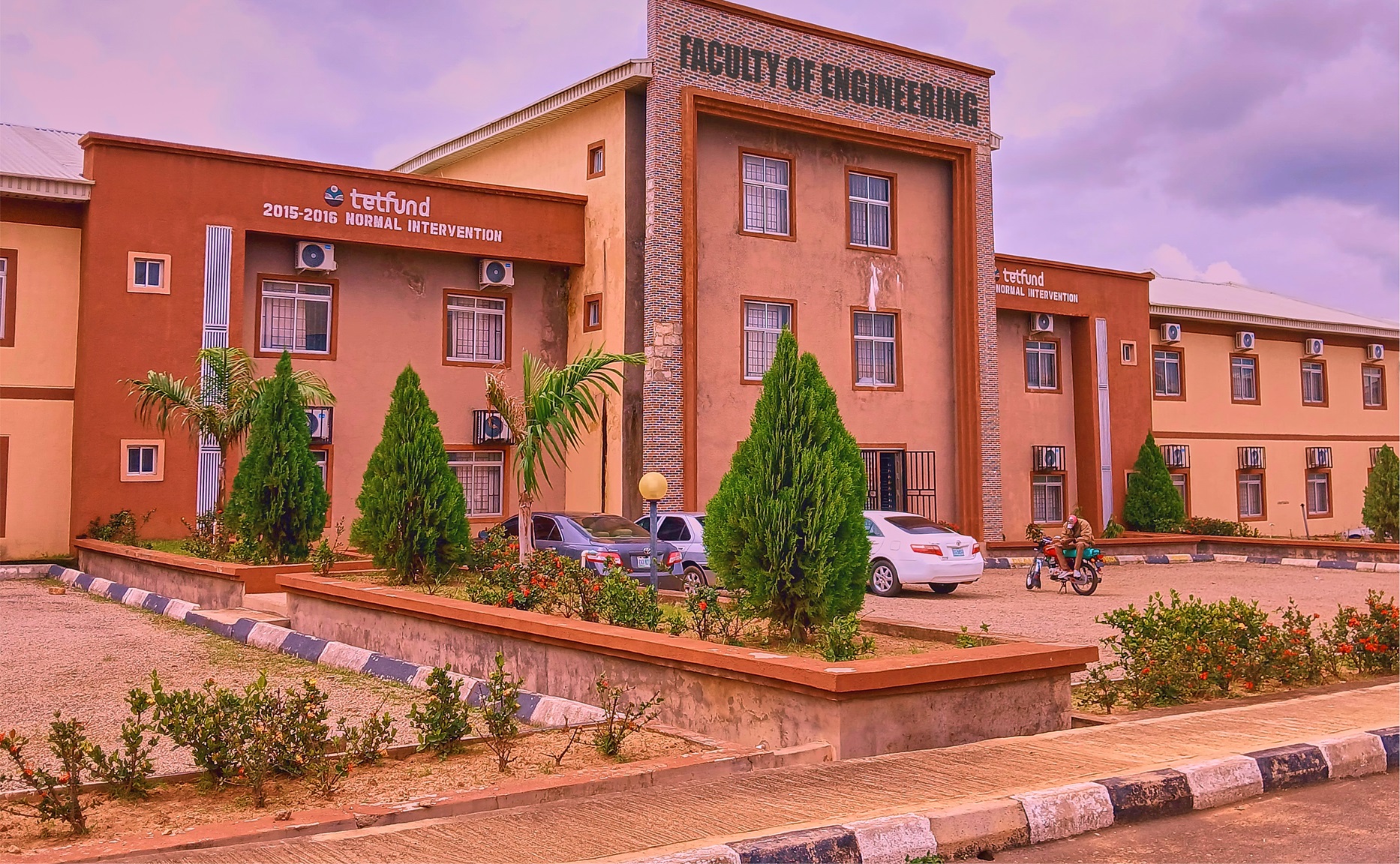Civil engineers plan, design and supervise construction of many essential facilities and structures such as bridges, dams, roads, buildings, ports, etc. Civil Engineering is broader than most of the other engineering programmes and it is often divided into the following specialized areas: Geotechnical engineering, Transportation and Highway engineering, Construction engineering, Water Resources and Environmental Engineering (Engineering Hydrology, Hydraulic engineering, Sanitary engineering), and Structural engineering. The aim of running Civil Engineering programme is to produce graduates who are to function effectively in public service and industries and in the planning, design, construction and management of facilities such as highways and roads, rural and urban water supply, traffic control systems, buildings, bridges, sanitary and sewage treatment and disposal systems, airport and transportation systems, tunnels, dams, canals, and waterways.
The programme consists of lectures, tutorials, laboratory and field works, projects and practical training in industries. The first two years of a 5-year programme is devoted to taking basic science and general engineering courses to give broad-based engineering education. From the third year, most of the courses taken are core courses in the various areas of Civil Engineering.
Included in the study of civil engineering are courses in water resources and environmental engineering that are directly related to the solution of hazardous waste and pollution problems, providing potable and economical water supply systems, and maintaining a safe environment.
